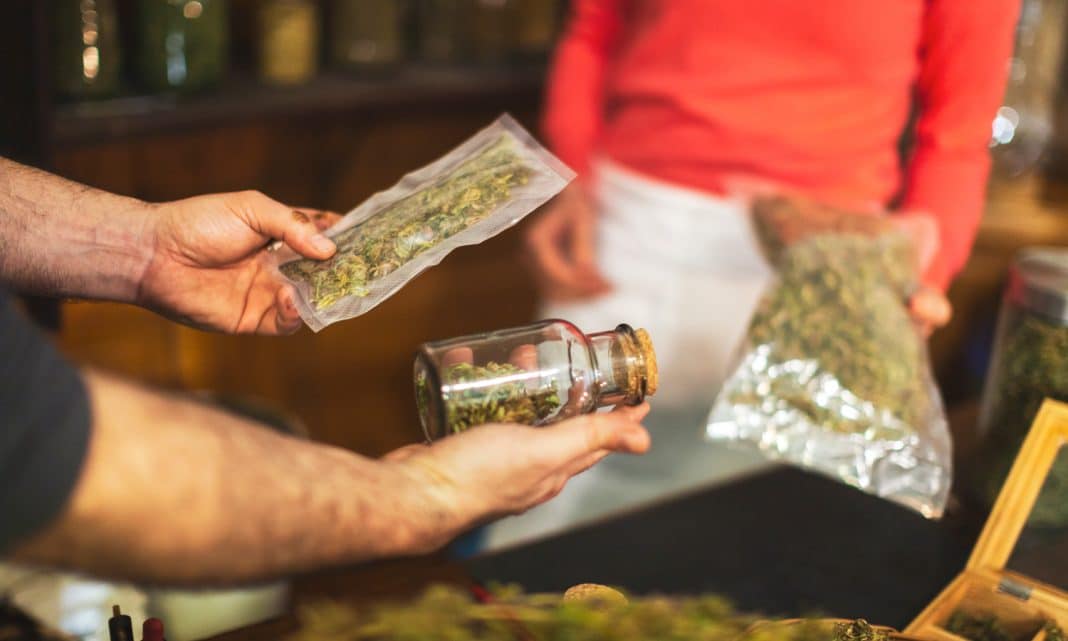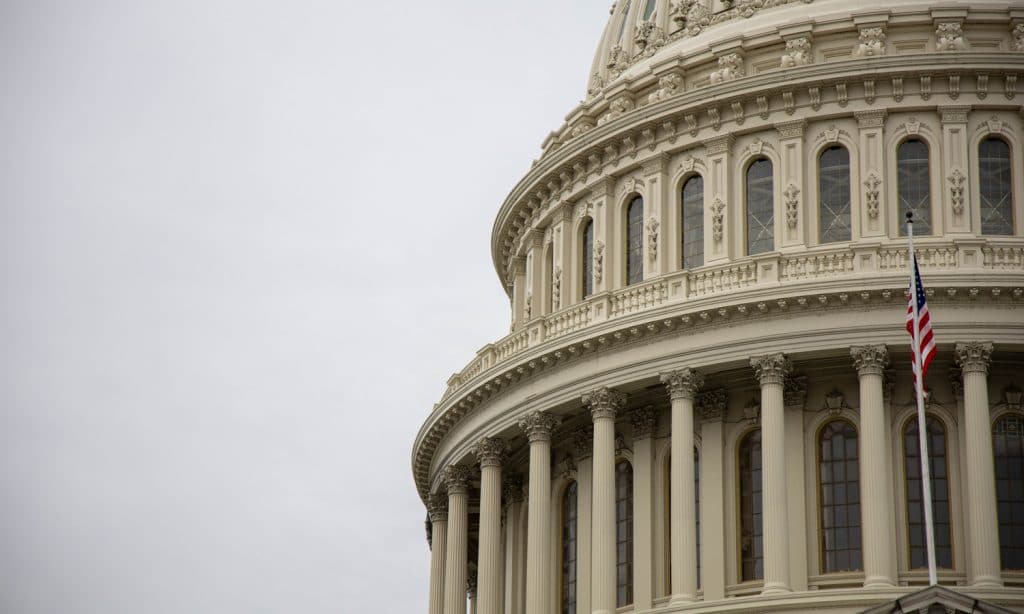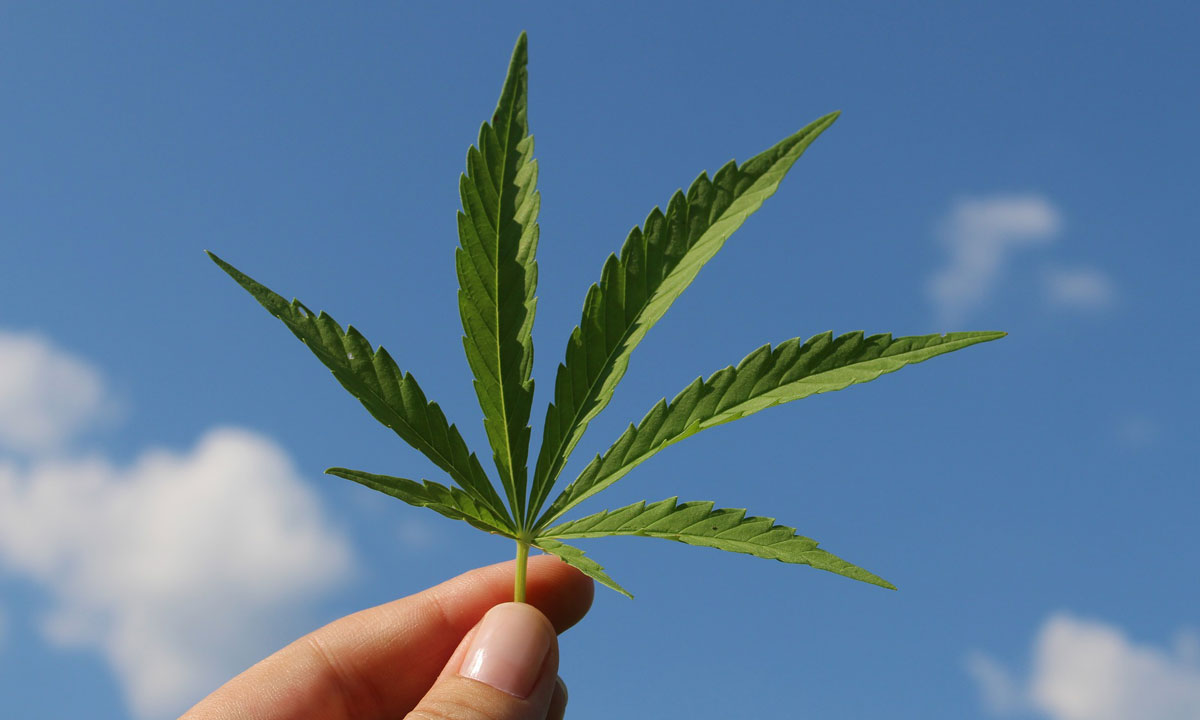The designation of the cannabis business as essential caught some states and some state officials off guard.
It was a classic watershed moment when 20 of the 33 states across the U.S. that allowed some form of sale and consumption of marijuana had those businesses designated as essential businesses in March during the early days of the coronavirus outbreak.
And while that designation of what is “essential” was just an advisory from the Department of Homeland Security, and not a federal directive or standard, meaning that it’s open to wide interpretation by various jurisdictions, cannabis advocates jumped on the opportunity in March to remind state governors about the importance of the cannabis industry.
A letter from the Marijuana Policy Project states that governors and legislative leaders played up the significance of access to medical cannabis in times of a pandemic: “As leaders of states with medical cannabis or cannabidiol (CBD) laws, we write to urge you to ensure patients can safely access their treatment option in a way that is consistent with public health. Cannabis is a crucial part of the treatment regimens of hundreds of thousands of individuals, including many who have vulnerable immune systems because of their advanced age or a serious medical condition.”
The designation of the cannabis business as essential caught some states and some state officials off guard.




